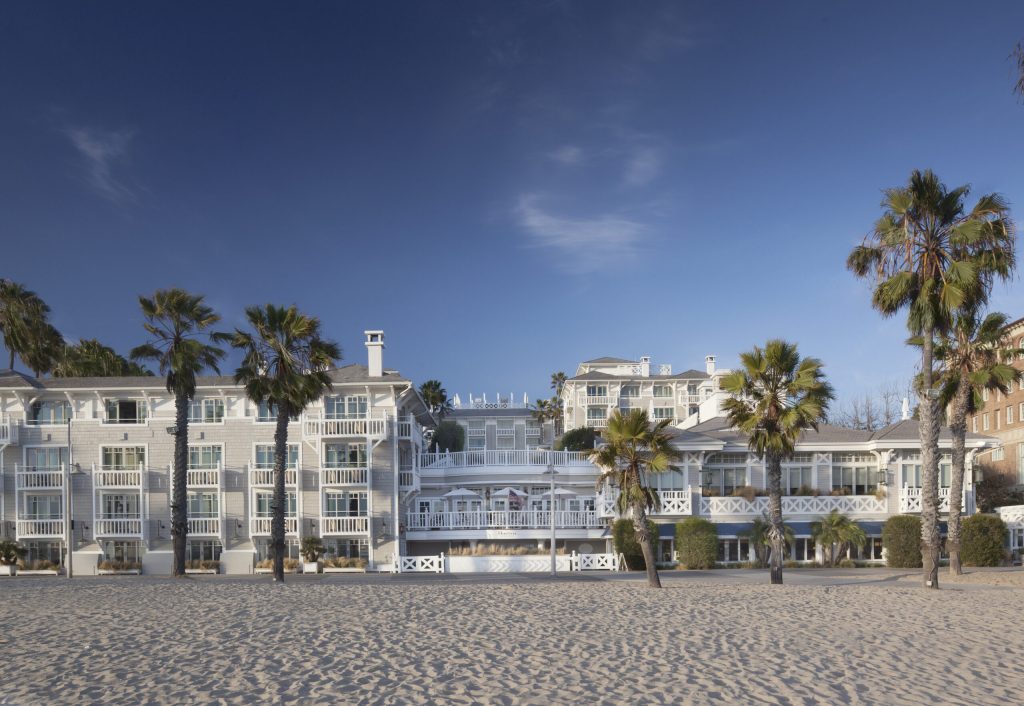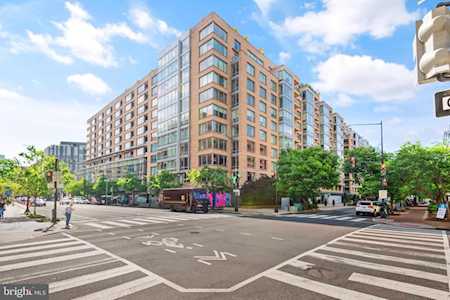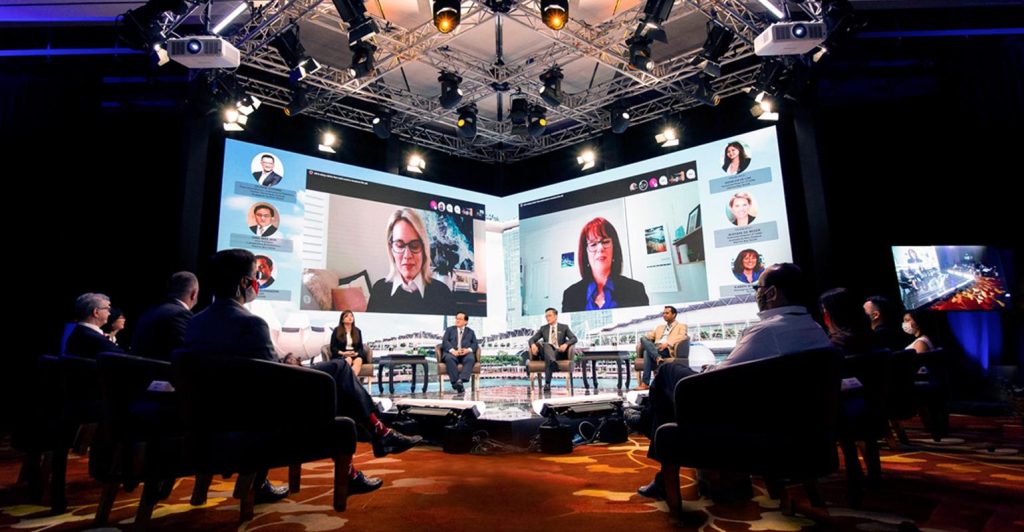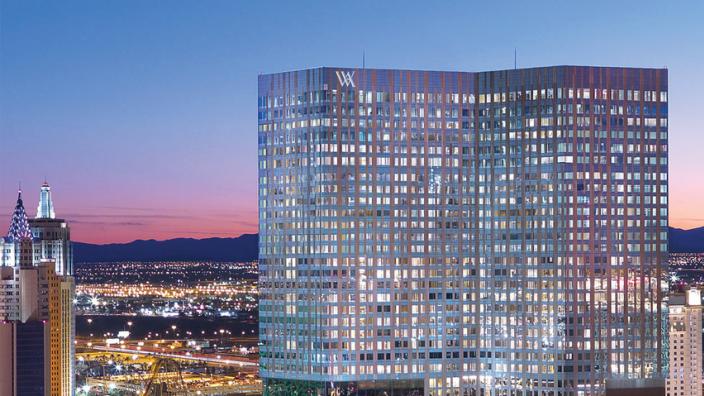Selecting the right venue for your corporate event goes far beyond finding a convenient location or an aesthetically pleasing space. Whether it’s a high-energy sales kickoff, an intimate leadership retreat, or a team-building getaway, the venue sets the tone for the entire experience. A thoughtfully chosen venue can motivate your team, impress key clients, and reflect the professionalism and ambition of your organization.
But choosing a corporate event venue isn’t just about aesthetics—it’s a strategic decision that must align with your event goals, purpose, and logistics. This guide will help you identify key factors to consider, how to match the right venue to your event type, and why working with a venue sourcing expert can save you both time and resources.
Why Your Venue Choice Matters
Corporate events play an essential role in fostering key business goals, from strengthening relationships with clients to boosting team morale. A well-chosen venue helps create the right atmosphere for collaboration, learning, or celebration—whatever your event’s focus may be.
For example, imagine hosting a leadership retreat at a private estate with serene, distraction-free meeting rooms, versus a noisy, bustling downtown conference hall. One immediately nurtures focus and creativity, while the other might leave your team drained. Similarly, a luxurious resort with team-building amenities can inspire and energize your sales team far better than a generic meeting space.
The bottom line? Your venue can make or break your event. It’s not just about checking boxes—it requires a strategic approach.
Key Factors to Consider in Venue Selection
1. Size and Capacity
Start by determining your expected headcount. Choosing a venue that comfortably accommodates your group—without being too cramped or too spread out—is crucial for setting the right tone. Consider additional breakout rooms, networking spaces, or areas for informal discussions, depending on your event’s goals.
Setup Tip:
- For presentations or training sessions, opt for theater-style seating.
- For roundtable discussions, look for boardroom or cabaret-style setups.
2. Location and Accessibility
Good venue selection always considers the convenience of your attendees. Analyze factors like proximity to airports and business hubs, and ensure there’s ample parking or transportation options.
If your event spans multiple days, prioritize venues with on-site or nearby accommodations to simplify logistics for participants. Don’t forget to consider accessibility features for individuals with mobility challenges.
Example: A leadership retreat that combines luxury with a central location could be hosted at a resort just 20 minutes from the airport—easy for both local and international guests to reach.
3. Amenities and Services
Today’s attendees expect more than just a functional space. They need reliable Wi-Fi, A/V equipment for presentations, top-notch catering, and even recreational options like spas or golf courses (ideal for incentive trips).
Tailoring amenities to your audience can make all the difference. For example, provide elegant private dining options for an executive retreat or adventure activities for a sales incentive trip.
4. Hidden Costs and Logistics
Whether it’s cleanup fees, taxes, or equipment rentals, hidden costs can derail your budget quickly. Have a thorough discussion with potential venues about all included and additional fees.
Logistical Details to Confirm:
- On-site parking availability
- Transportation options for attendees
- Necessary permits for outdoor venues
Pro tip: Create a venue selection checklist to ensure no details are overlooked.
Matching Your Venue to Your Event Type
Every corporate event has different goals, and the venue you choose should align with those needs. Here’s how to match the right space to common event types:
Sales Kickoffs
Opt for conference-ready spaces with robust A/V setups and high-energy atmospheres. Think visually stunning venues with breakout rooms for team brainstorming sessions.
Venue Example: A downtown conference room with sweeping city views, interactive screens, and high-impact lighting.
Business Development Retreats
When hosting valued clients, prioritize exclusivity and luxurious amenities. Choose venues that foster collaboration and leave a lasting impression.
Venue Example: A wine estate with private meeting rooms and curated tasting experiences.
HR-Led Team Retreats
Look for secluded venues ideal for team bonding and immersive workshops. Outdoor spaces work well for creative or wellness-focused activities.
Venue Example: A lakeside lodge with bonfire pits, hiking trails, and flexible meeting areas.
Leadership & Board Meetings
For high-stakes strategy sessions, prioritize privacy, strong Wi-Fi connectivity, and elegant meeting spaces designed to minimize distractions.
Venue Example: A luxury boutique hotel with an exclusive use policy, ensuring your team is the only one on site.
Benefits of Working with a Venue Sourcing Expert
Feeling overwhelmed by the logistics of venue selection? You’re not alone. Balancing availability, pricing, amenities, and your event’s specific goals can be time-consuming and stressful. That’s where venue sourcing experts come in.
What They Offer
- Negotiation Power: They can secure the best rates and uncover hidden costs.
- Time Savings: Leave the legwork to someone else while you focus on content and strategy.
- Insider Knowledge: Experts often have access to exclusive venues or firsthand knowledge of what works best for different events.
Whether you’re planning an intimate board meeting or a 500-person conference, enlisting a sourcing expert ensures a streamlined process that aligns with both your vision and your budget.
Actionable Tips for Finding the Perfect Venue
Planning your next corporate event venue? Here’s a step-by-step guide to ensure success.
- Identify Goals: Define what you want to achieve (e.g., team collaboration, client networking).
- Set a Budget: Allocate funds for the venue, accommodations, catering, and so on.
- Research Locations: Focus on areas convenient for attendees and look for venues that align with your goals.
- Request Proposals: Reach out to venues with specific event details like headcount, technical requirements, and your itinerary.
- Visit Shortlisted Venues: If possible, tour the venue to ensure it meets your expectations.
- Confirm and Communicate Needs: Finalize everything, from room setups to catering menus.
Event planning platforms like Cvent or The Knot Pro can simplify your venue scouting process further.
Elevate Your Next Corporate Event
Thoughtful venue selection is the foundation of an impactful corporate event. The right venue sets the stage for meaningful connections, motivation, and memorable experiences. By considering factors like location, amenities, and event-specific needs, you’ll ensure success every time.
If venue hunting still feels daunting, why not streamline the process? Need help securing the perfect venue for your next corporate event?













